Australian automotive service and insights company mycar underwent a series of leadership changes earlier this year, bringing in two fresh faces to help guide the business as it expands across Australia.
The company formerly known as Kmart Tyre and Auto recruited Ashley Stephenson as chief operating officer, bringing more than 20 years of experience in senior roles at businesses including Qantas and Nestle, while Sylvain Borré joined as managing director.
Mr Borré brings more than 25 years of experience in the automotive industry, with senior leadership roles at Continental AG and Cooper Tire Europe. It’s this experience he hopes to apply to mycar as it expands its service network across Australia, which currently boasts more than 280 locations nationally.
CarExpert sat down with Mr Borré to discuss mycar’s next steps, the opportunities presented to the business as a source of automotive industry intelligence, and what he thinks the future of car buying and ownership will look like in Australia.
CarExpert can save you thousands on a new car. Click here to get a great deal.
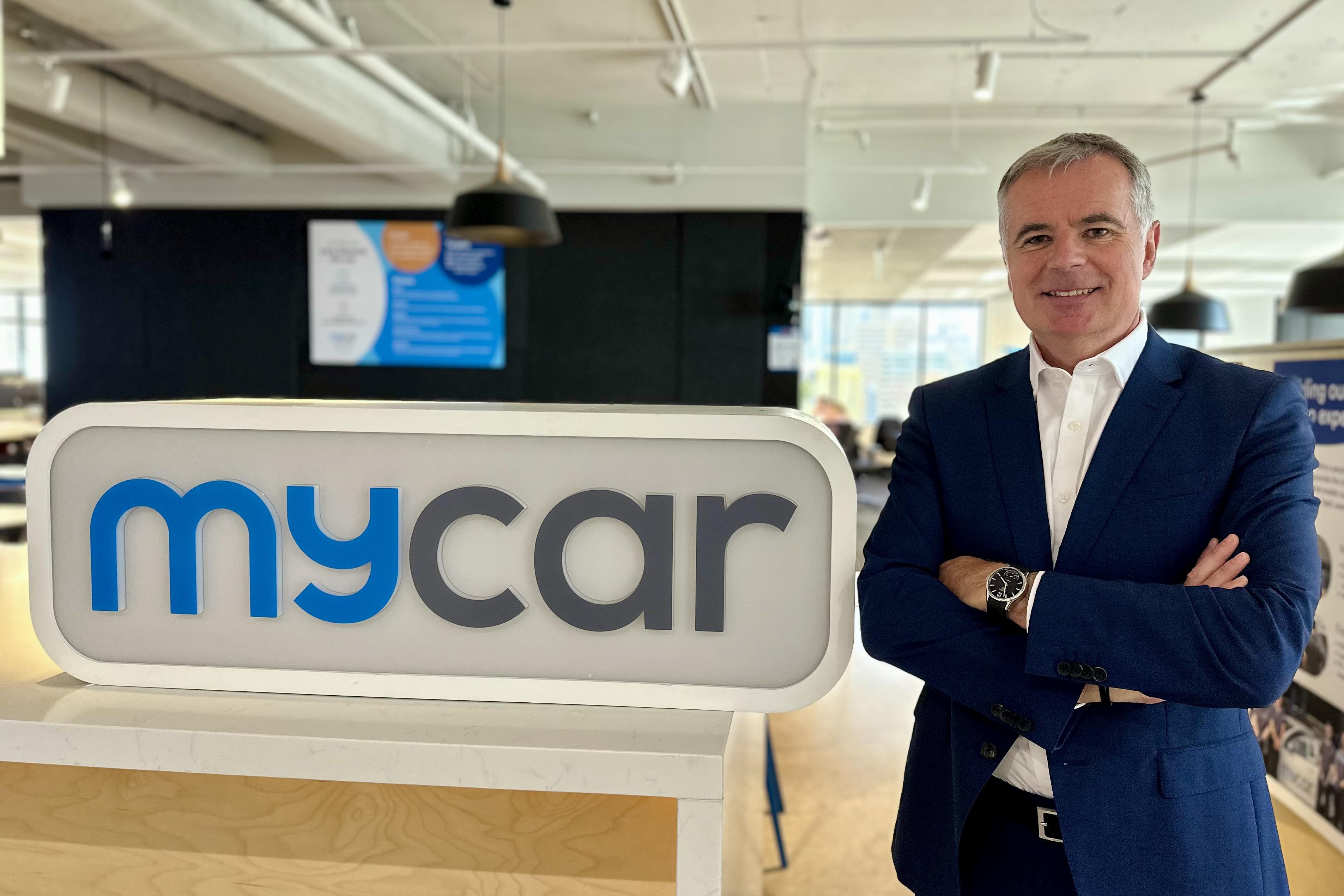
You started at mycar in recent months; what are you looking to bring to the company, and what if anything will trickle down to the operation of your service centres?
mycar is truly a ‘People First’ business, built on care for our customers, people, and partners – and that’s exactly what drew me here. It’s this focus, which translates to ‘care beyond the car’ in our stores, that I’m keen to continue to build upon – continuing to strengthen the culture across the business.
This means ensuring our people feel valued, supported and equipped to deliver their best work. When our teams are empowered and engaged, it naturally translates into a better customer experience – more care, more trust, and more efficiency.
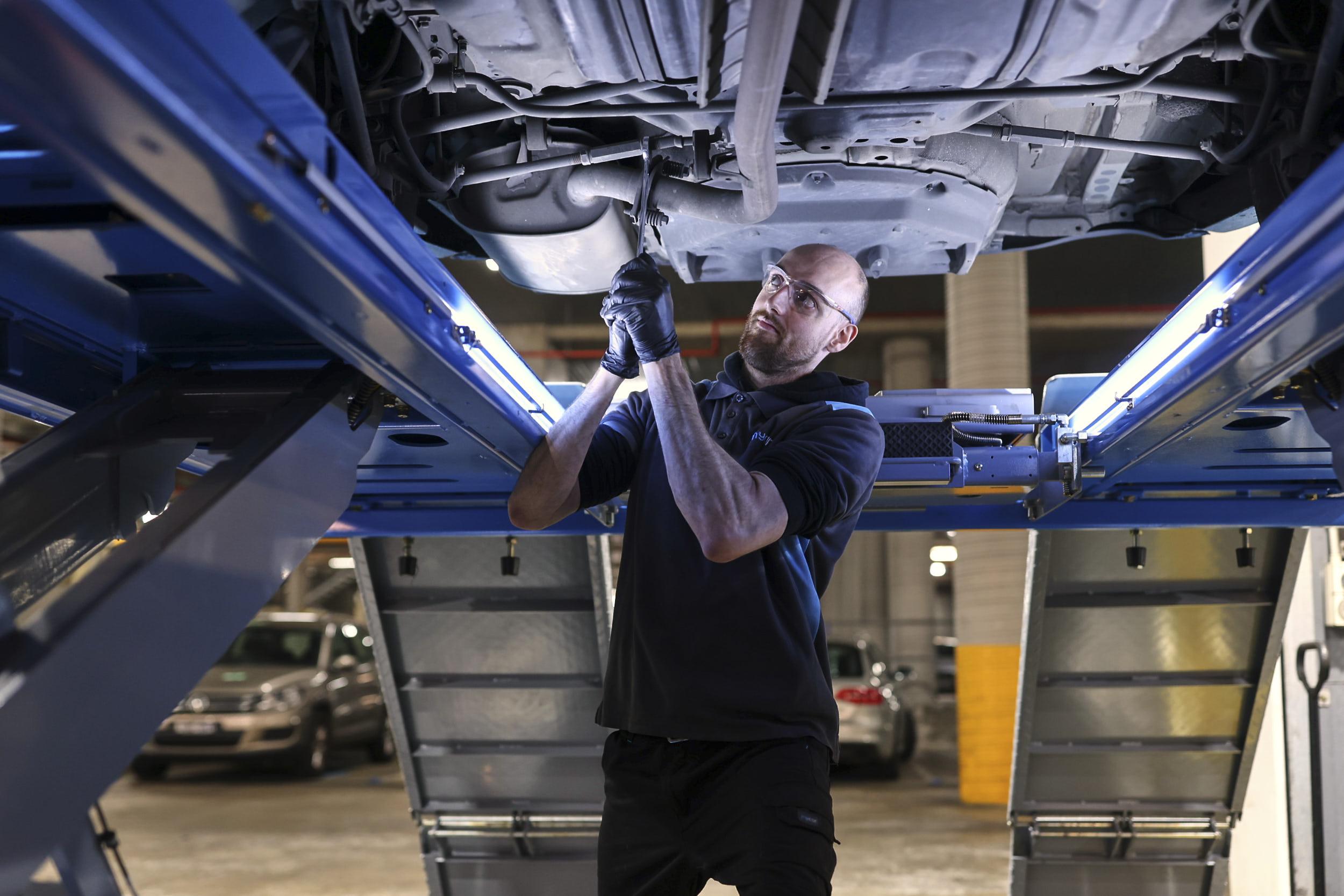
So, while the focus starts with our people, the result will be a more consistent, customer-centred experience across our almost 280 stores.
Overall, I’m excited to be leading mycar into its next chapter, with a team that’s deeply committed to the business and the industry, and a national footprint that gives us a real edge.
What opportunities do you feel mycar has when it comes to providing insights and knowledge for the broader automotive industry?
mycar’s annual Mobility Index gives us a unique snapshot into how Australians think about their vehicles – from servicing habits to EV adoption and emerging technologies.
With almost 280 stores nationwide and a growing mobile service offering, we’re well placed to take an annual pulse check on the nation’s attitudes toward the future of mobility.
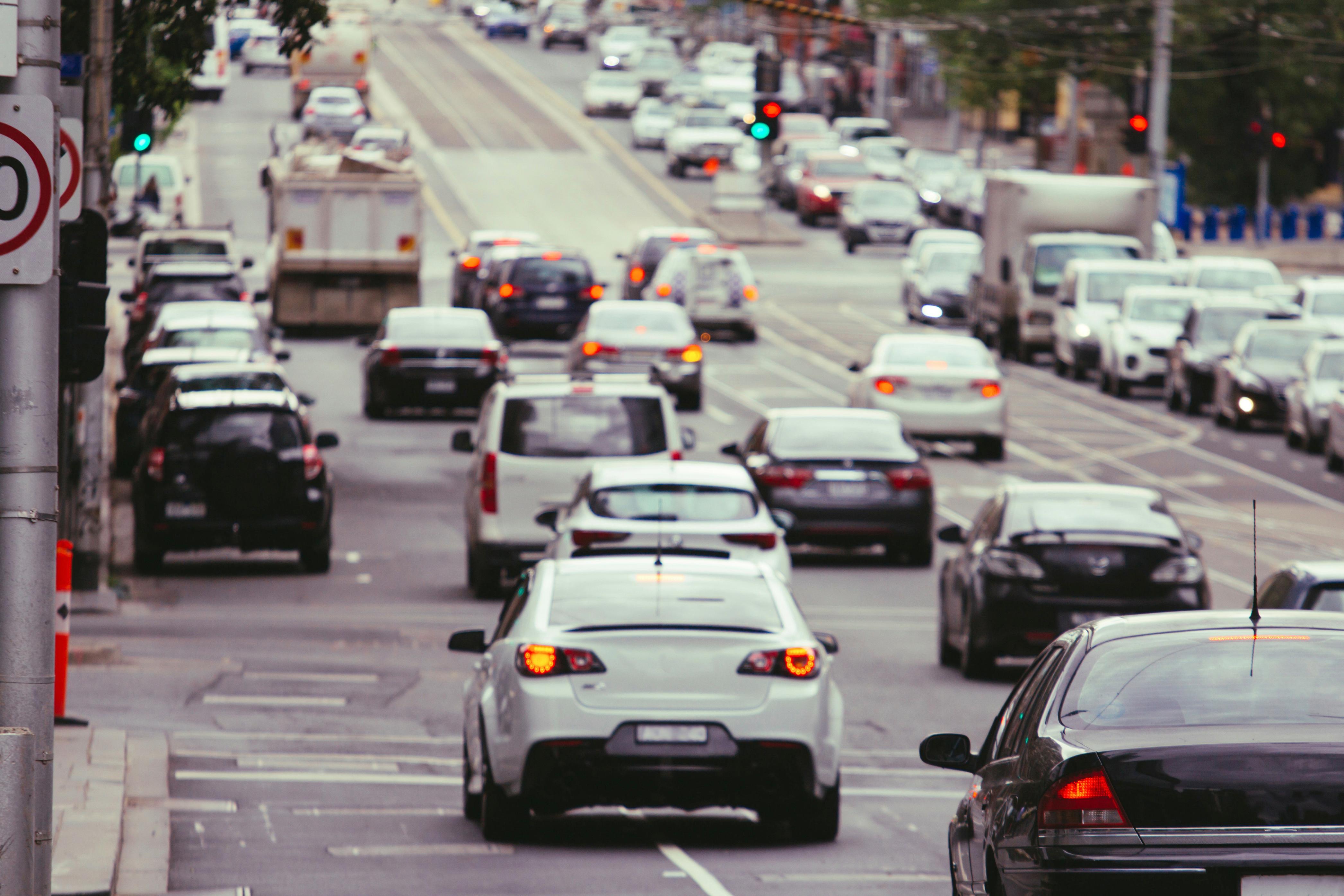
These insights enable us to guide the broader industry on the trends and forces shaping how Australians drive, service, and care for their vehicles – helping address today’s mobility challenges while unlocking tomorrow’s opportunities.
What are the challenges facing mechanics and the industry as a whole in Australia, based on what you’ve seen in your time at mycar? Is the skills shortage having an impact?
The skills shortage remains one of the biggest challenges facing our industry.
As vehicles become more complex – with EVs, hybrids and advanced driver-assistance systems – we need technicians who are future-ready. At mycar, we’ve been investing heavily in technical transformation and upskilling to meet that need.
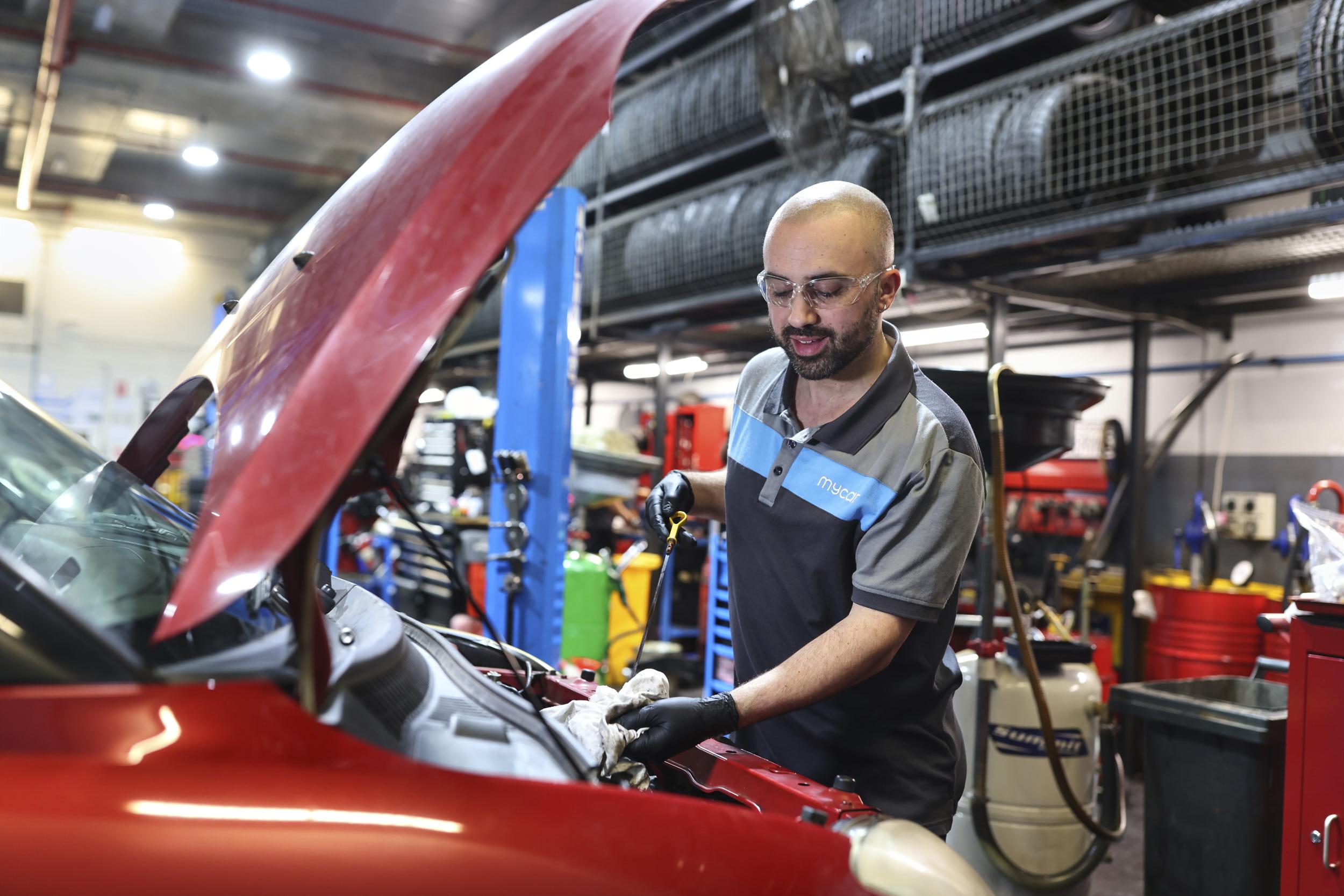
Since 2022, we’ve rolled out an EV-ready program across our network, training dedicated technicians and equipping workshops with specialised tools and safety systems to service electric and hybrid vehicles.
Beyond our own network, we believe industry collaboration and government support will be key to building the next generation of skilled automotive professionals.
As the regulatory landscape evolves, there’s a major opportunity to rethink how we train, certify, and elevate technicians.
Recent mycar studies have shown people are cutting costs when it comes to car maintenance due to economic pressures. What is mycar doing to address that?
Cost-of-living pressures continue to influence how Australians maintain their vehicles.
Our Mobility Index shows that two-thirds of drivers (66 per cent) have changed their servicing habits, with many delaying regular checkups, and 12 per cent attempting DIY maintenance.
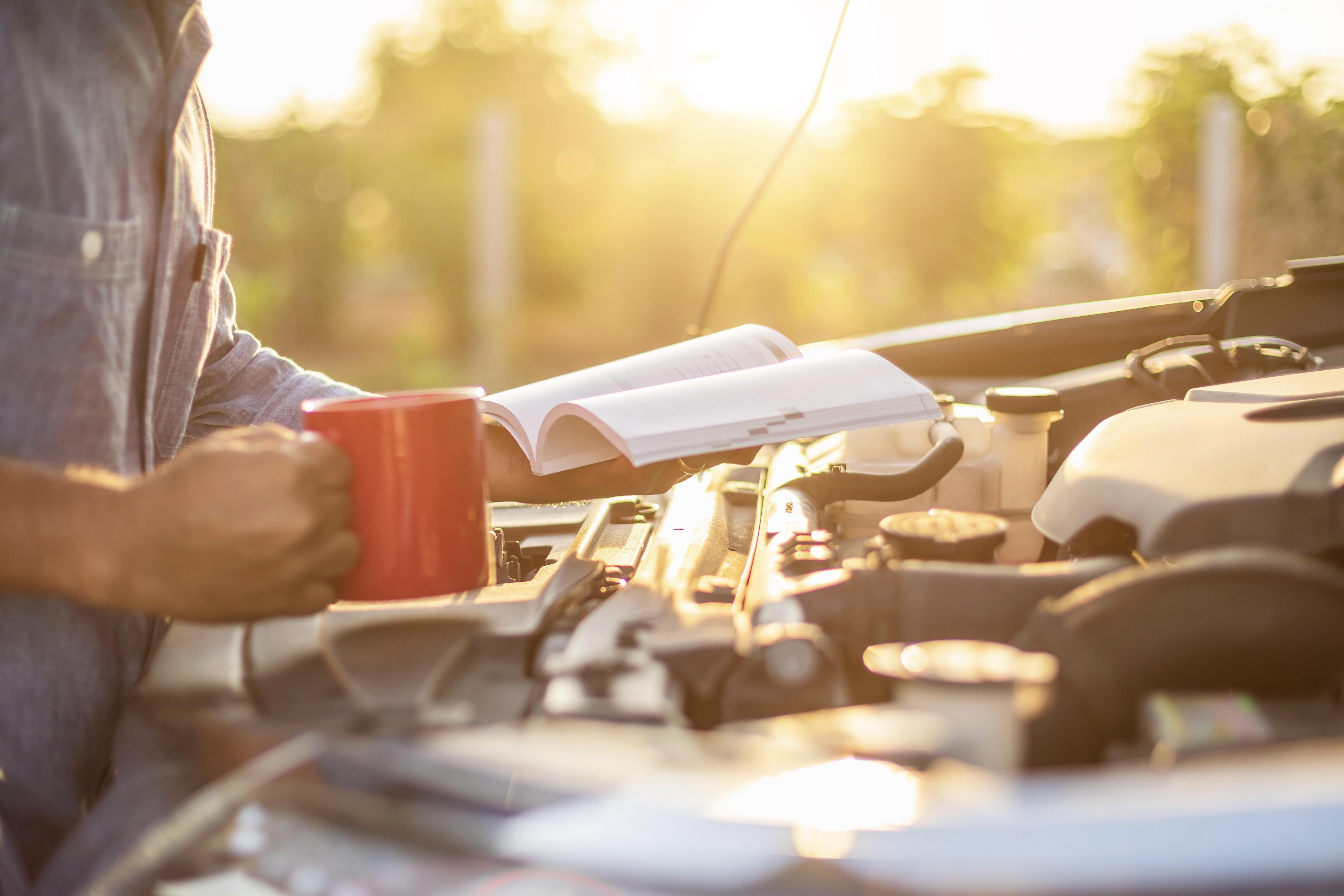
While understandable, these habits can compromise safety and long-term performance. We’re helping shift attitudes by making servicing more accessible and transparent – offering affordable, high-quality care alongside accessible tools like ‘Auto Translate’, which simplifies technical jargon into plain language.
Our goal is to empower drivers with understanding, while ensuring the actual maintenance is handled by experts.
What are some of the risks you’ve seen when it comes to people, say, completing their own maintenance work, or neglecting to service their car regularly?
Shortcuts or DIY fixes might seem cost-effective, but they can lead to serious safety issues and higher costs later on.
Our data shows that many Australians are stretching the time between services, with some waiting 10-12 months between checkups – well beyond the recommended six-month interval.
While it can be tempting to delay, preventative maintenance improves safety, fuel-efficiency and reliability – and helps drivers avoid expensive repairs in the long run.
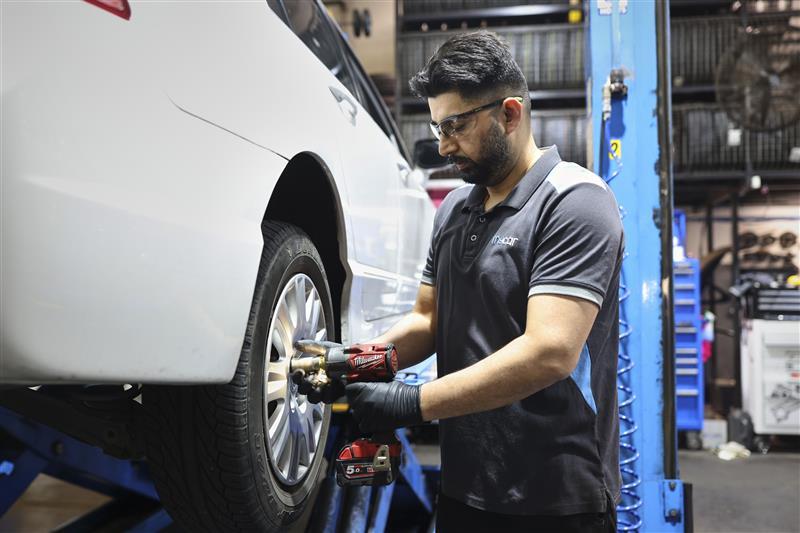
We’ve also seen mycar reports outlining that people are reluctant to switch to EVs. Is this sentiment still apparent and, if so, what do you think is contributing to it?
Yes, that hesitation remains. Our latest Mobility Index shows only 23 per cent of internal combustion engine (ICE) drivers plan to switch to EVs or hybrids, a 12-point drop from last year.
Mostly, it comes down to concerns around battery longevity, servicing costs, and resale value. However, hybrids are often seen as a more viable stepping stone, with lower upfront costs and greater familiarity.
Ultimately, the data suggests Australians aren’t opposed to EVs in principle; they just need more reassurance. That’s why we’re focused on building confidence through expert servicing, transparent advice, and EV-ready infrastructure across our network.
Is mycar still working to equip its workshops for EVs? Has that had any measurable impact on people feeling more comfortable in buying an EV, or are there other factors at play?
Absolutely. We continue to invest in EV readiness across our stores and mobile vans so customers can service their vehicles safely and conveniently, whether at home or in-store.
While infrastructure helps build trust, broader adoption depends on affordability, education, and access. Our role is to bridge that gap – offering the expertise and reassurance drivers need as they transition.
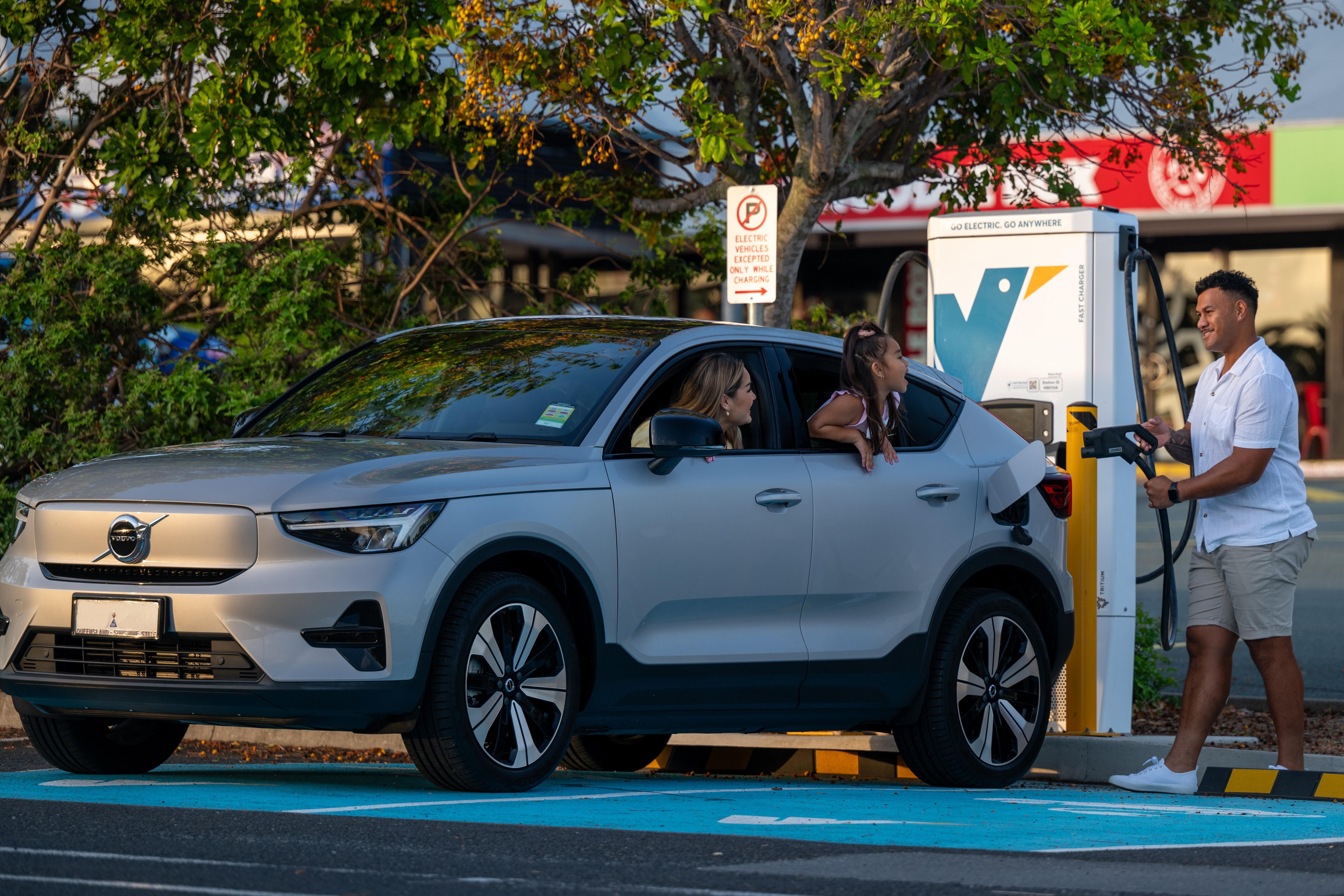
What does Australia’s shift towards electrified vehicles look like to mycar? Are we destined for full-scale uptake of EVs, or will hybrids (and PHEVs) form the majority for the foreseeable future?
The transition will be gradual. Still today, only one in four ICE drivers plans to make the switch.
Despite hesitancy, there’s reason for optimism – many drivers say they’d consider an EV or hybrid with strong warranty coverage and access to the latest tech.
That tells us the issue isn’t interest, it’s confidence. At mycar, we’re focused on building that trust through EV-ready stores, mobile servicing, and expert guidance to help drivers transition to EVs when they’re ready.
Mycar recently found that motorists are also reluctant to fully utilise driver-assistance tech. Why do you think that is, and does mycar have plans to help shift that sentiment?
Although most cars now include advanced driver assistance systems, many drivers aren’t using them.
Our research shows 76 per cent have features like lane assist or adaptive cruise control, yet only 19 per cent would feel comfortable in a fully autonomous vehicle. This hesitation comes down to trust and understanding.

We see an opportunity to close that gap through education and practical guidance.
Initiatives like Austroads’ ADAS service are helping demystify these technologies, and we’re committed to supporting drivers with clear advice and transparent servicing so they can use these features confidently and safely.
Are there any flow-on safety effects from this or delayed/self servicing that are of concern to mycar, such as distracted driving or unsafe vehicles?
When drivers don’t use safety features like adaptive cruise control or lane assist, they miss out on technologies designed to prevent collisions and reduce fatigue.
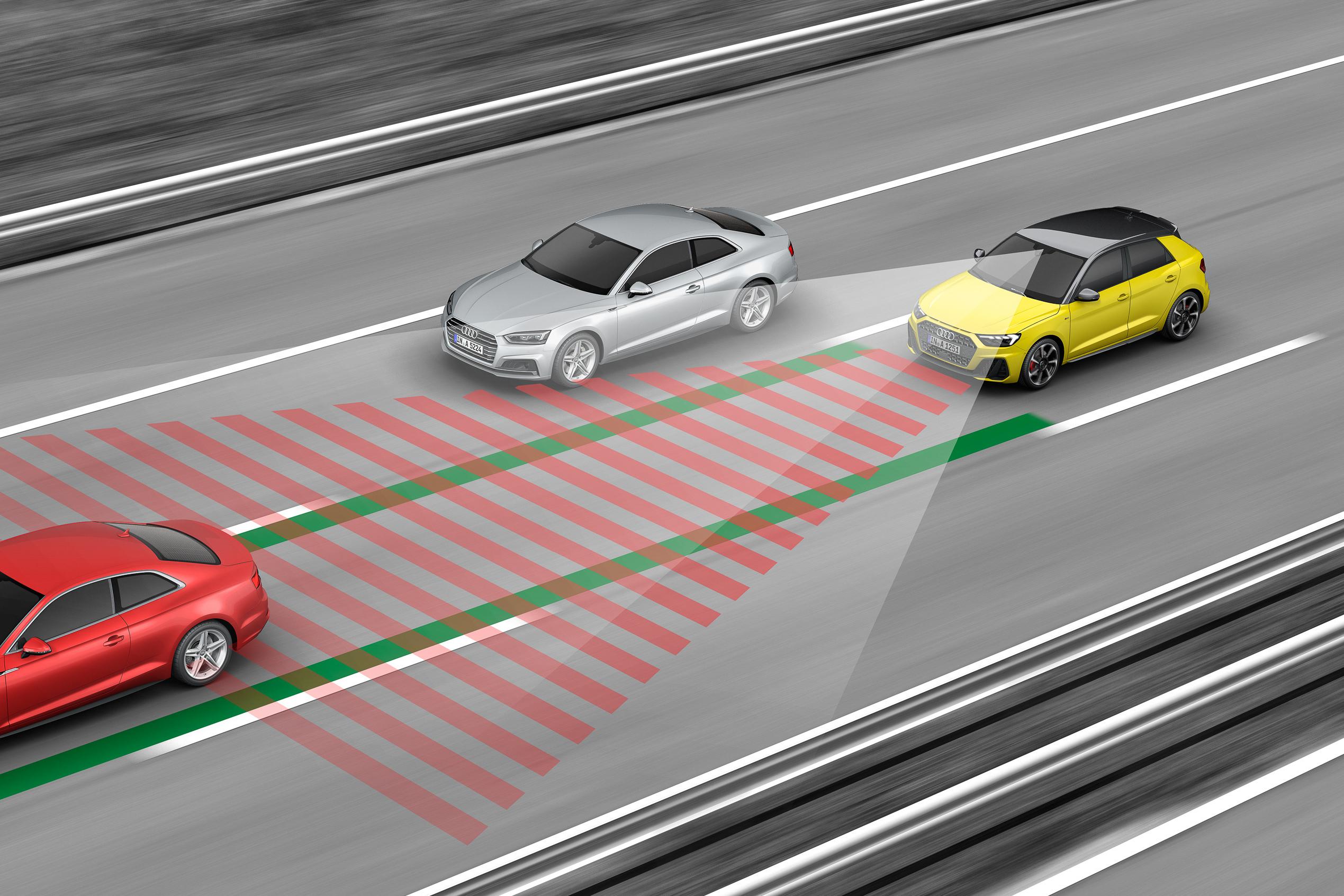
While these features offer clear safety benefits, we understand the natural hesitancy around new and emerging technologies.
The more data and evidence that demonstrate their positive impact, the more confidence drivers will have in adopting them.
As we head into the summer holiday period, what are your top three tips for car owners?
From overheated engines to air-conditioning strain and tyre blowouts, the summer heat is one of the biggest stress tests for vehicles. Preparation is key to keeping your car safe and reliable during this peak driving period.
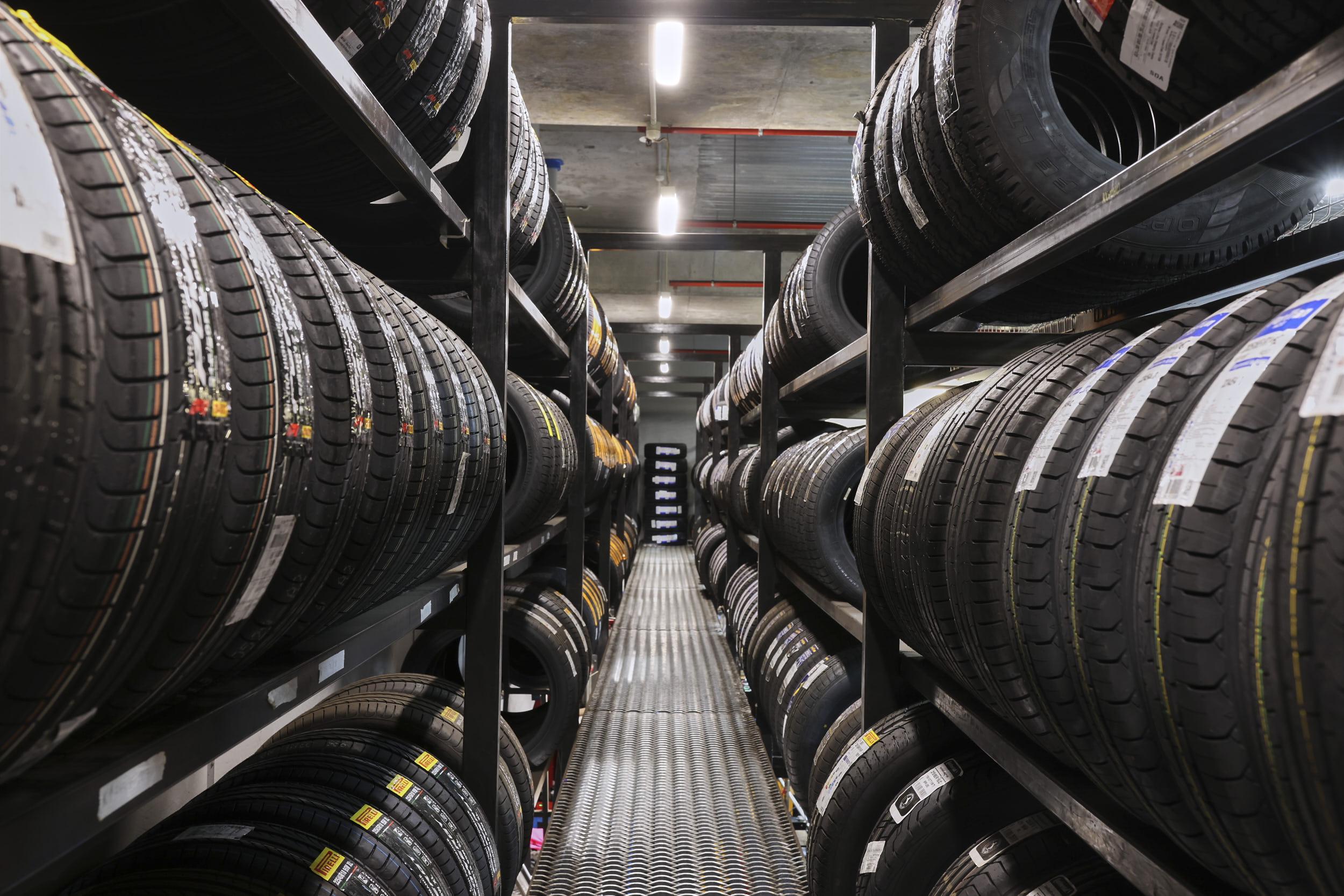
My top three tips are:
- Tyres: Check tread depth and pressure to avoid blowouts in extreme heat.
- Cooling and fluids: Top up oil, coolant, brake fluid and windscreen washer fluid to prevent overheating and maintain performance.
- Brakes and lights: Test brakes for responsiveness and ensure all lights and indicators are working for maximum visibility.
These simple checks can make a big difference to safety and help prevent unexpected breakdowns on the road.
MORE: Australian drivers reluctant to trust new car safety tech, study finds

